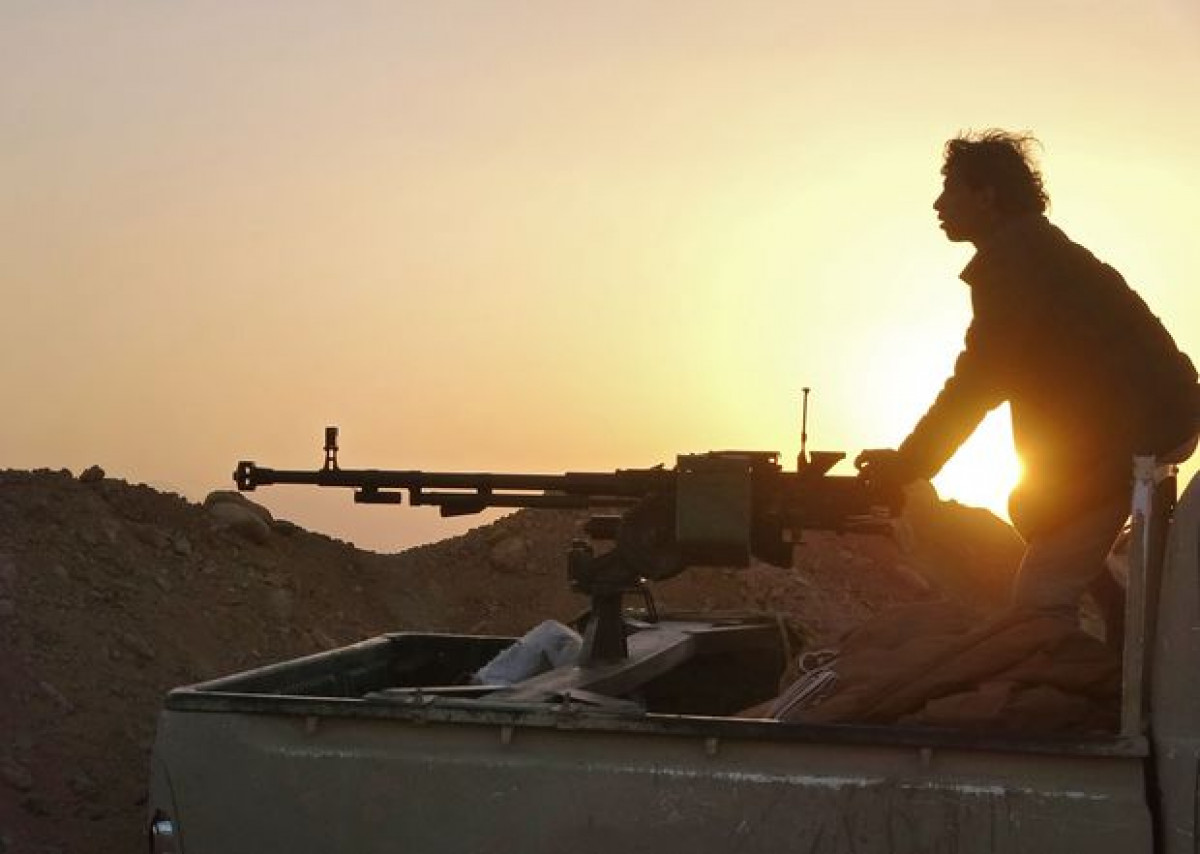 99
99
It has been six years since Saudi Arabia invaded Yemen, and despite all the human and financial losses inflicted upon the Yemeni nation, the borders of the conflict have not changed a single inch.
The attack on Yemen was carried out with the green light of the Western capital. The military aggression began two days after the end of the visit of the then British Foreign Secretary Philip Hammond to Riyadh.
He was the last Western official to meet with Saudi officials before Saudi warplanes began bombing Yemeni civilians.
U.S. officials repeatedly acknowledged the fact that Washington was involved in the Saudi aggression and had provided intelligence and logistical assistance to the Saudi regime.
The former American President Barack Obama openly supported the Saudi airstrikes targeting civilian-populated areas across Yemen. In a phone conversation with the Saudi monarch, Obama reiterated his firm support for Riyadh’s barbaric campaign against Yemen, the most impoverished Arab nation.
Even, a senior official in the US Department of State proposed that Washington must consider the idea of refuelling and fixing Saudi aircraft that participated in the Yemeni campaign. For the past six years, the United States sought to use media outlets to falsely portray Saudi aggression as a war between Saudi Arabia and a group of rebels.
David Cameron, the former British Prime Minister, too, highlighted that Britain shall do everything in its power to support Saudi Arabia vis-à-vis the Yemeni government.
Amid Saudi ruthless strikes on Yemeni schools, hospitals and residential areas, French diplomats at the United Nations held intensive diplomatic discussions with other Arab regimes, such as Bahrain and Egypt, to intensify economic pressure on Yemen.
The Saudis futilely hoped they could bring Yemeni resistance to its knees by tightening the economic noose around the Yemeni nation and also by an escalation in airstrikes on the Yemeni cities, but the ineffectiveness of Saudi war tactics and the uselessness of their
expensive military equipment against home-made Yemeni drones was soon proven.
The New York Times reported in November 2017 that when the first Yemeni missiles hit Khalid Military Airport, the failure of the Patriot anti-missile system to intercept Yemeni ballistic missiles came into light.
Today, the military dilemma faced by the Saudi leaders in preventing the Yemeni Ansarullah movement’s low-cost drones from targeting Saudi oil installations, manifest, manifests the abject failure of the American-made missile defence systems procured by the Saudi regimes.
Given these developments, the West under the pretext of saving Yemeni civilians from further war disasters is seeking to forge an agreement to get Saudi Arabia out of the Yemeni quagmire.
The advance of the Yemeni army into Saudi territory also made the Americans feel unwise in their assessments. Today, American experts and strategists have concluded that Yemen is the Vietnam of Saudi Arabia. The epic of the Yemeni nation’s resistance against the Saudi aggressors has forced many international organizations and institutions to condemn the Saudi heinous crimes, while the American military firms have been repeatedly asked to rescind their arms deals with the Saudis.
Ansarullah recent military victories and the inability of Saudi Arabia to put an end to its current fiasco in Yemen have seriously weakened the Saudi-led coalition.
Many countries in the region withdrew from the Saudi-led coalition, leaving only Saudi Arabia and the United Arab of Emirates (UAE). At the international level, the killing of innocent civilians, especially Yemeni women and children, had negative repercussions on the Saudi regime and led the international community to condemn the Saudi carnage of the Yemeni people. After so many hesitations, the United Nations has enlisted Riyadh as a primary violator of children’s rights.
In an effort to help Saudis to extricate themselves from the current crisis in Yemen, the Americans and the British have repeatedly sent diplomatic emissaries to Yemen in order to negotiate with Ansarullah. This has been evident in all western initiatives, including the recent statements made by the UN Secretary-General’s Special Representative Martin Griffiths. But Ansarullah, cognizant of the western pro-Saudi plots, has declined the Saudi spurious conditions for the ceasefire.
Ansarullah’s brilliant achievements in missile technology have strengthened the Yemeni hand in the upcoming peace negotiations with the Saudi enemies.
In fact, it can be said that the Ansarullah movement has become an influential regional player whose military strength is indispensable in all political equation s in the volatile Middle-East region.
Comment
Post a comment for this article